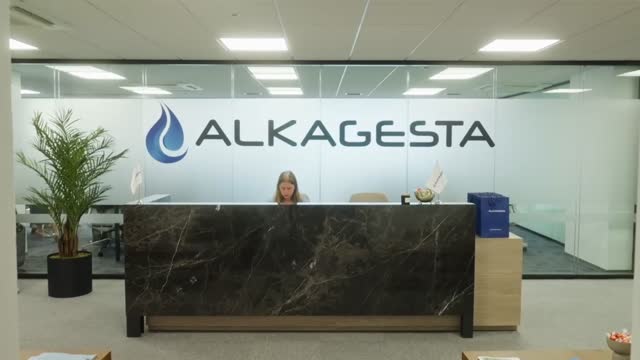Malta finds itself in the top 10 countries within the European Union with the highest percentage of remote workers of their workforce.
Data from Eurostat indicates that at 11.5 per cent of the total workforce, Malta is in ninth place after Estonia, the Netherlands, Luxembourg, Germany, Belgium, Ireland, Sweden, and Finland.
This means that Malta has surpassed the EU average for remote workers, which stands at 8.9 per cent.
The country with the highest percentage of remote workers was Finland at 21.7 per cent.
Before the pandemic, Malta’s remote worker percentage was nearly half that registered in 2023. In 2019, remote worker percentage stood at 6.1 per cent. From 2019 to 2020, this figure rose to 14.8 per cent, remaining constant for 2021, before going down to 12 per cent in 2021.
A similar trend was registered among the top 10 countries, among which the percentage dropped an average of 2.3 per cent within a year, from 2022 to 2023.
Among all EU countries, only Croatia retained the growth trend, starting from 1.9 per cent in 2019, growing to 4.6 per cent in 2022 and 4.8 per cent in 2023.
Is remote working a dying trend?
The pandemic days are long gone but remote working has proved to be a good perk for many companies to attract and retain talent.
Despite the convenience during periods where offices closed its doors, some companies remained conflicted on whether remote working is the right fit for their employees.
In fact, remote working, although advantageous for many may not be ideal for every employee as some roles could be more suited to office-based work.
While this sentiment can be seen through the figures on a European level, media reports suggest that in the coming year, 70 per cent of the global workforce, a substantial figure, will work remotely at least five days per month.
Managed IT strategy crucial to business growth and innovation, says Veracloud co-founder
Ing. John Ellul underscores the opportunities that emerge from outsourcing IT infrastructure and services
Counter offers are a short-term fix, says recruitment director Emanuel Zammit
'Counter offers are usually a short-term patch on a long-term issue.'
IDC Malta launches Boardroom Excellence Workshop Series 2026
The initiative is designed for both current and aspiring directors as well as senior executives.
Alkagesta secures access to NATO pipeline to supply fuel to Europe’s biggest airports
The pipeline stretches roughly 5,300km across Northwest Europe.









